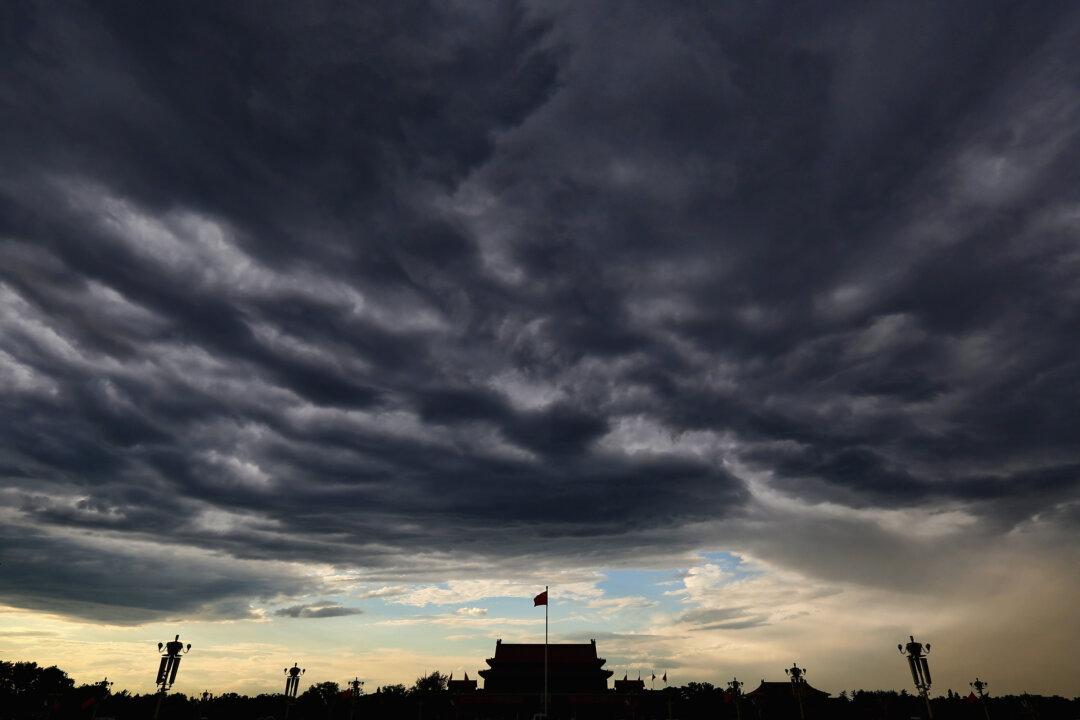Since Xi Jinping assumed power in 2012, his anti-corruption campaigns have systematically removed his political rivals. While there is no significant challenger to Xi’s position, experts believe the economy is the greatest challenge to Xi’s authority; however, Xi’s incompetence in handling the crisis, combined with his authoritarianism, is pushing forward the demise of his dictatorship.
In recent months, Xi removed two top officials, Foreign Minister Qin Gang and Defense Minister Li Shangfu, both close and trusted aides of his, along with a significant number of high-ranking military officials and leaders of defense industry enterprises. Concurrently, there were speculations indicating that second-generation communists are mounting a challenge against Xi.




